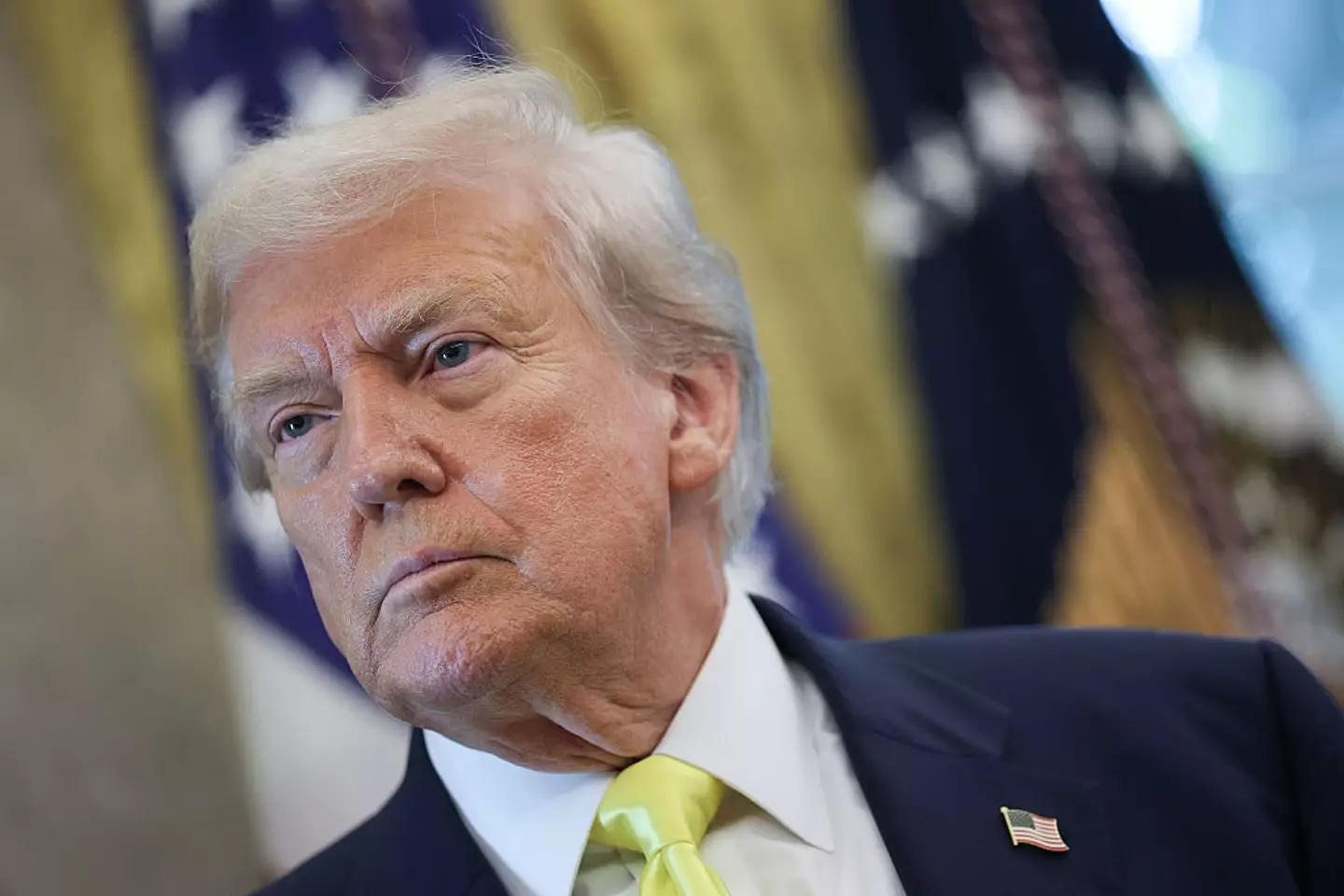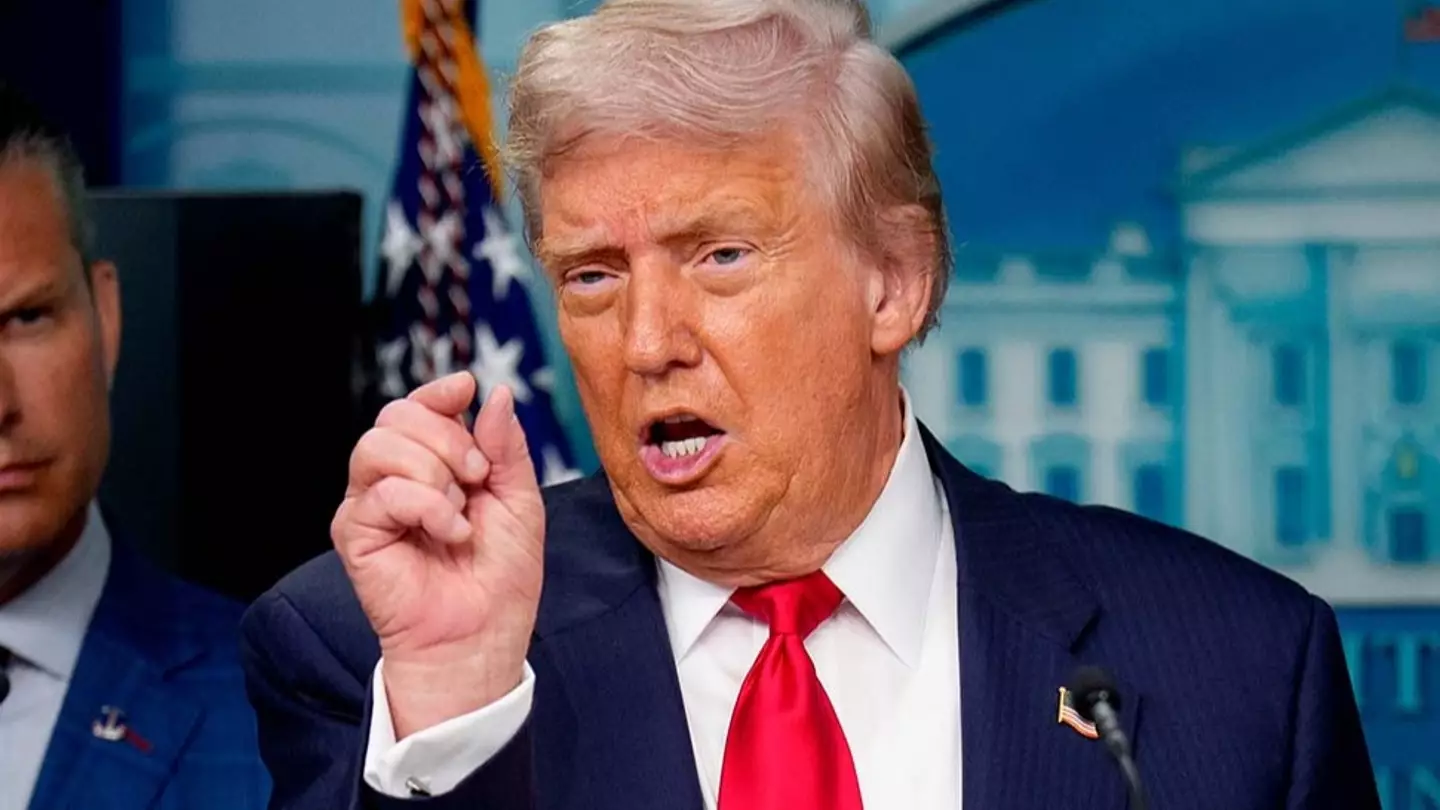The classification of marijuana as a Schedule I drug may soon change to Schedule III.
Currently, cannabis remains illegal under federal law, although many states have authorized its use for medical reasons, and 24 states have approved it for recreational use.
Marijuana was categorized as a Schedule I drug during the 1970s. Drugs in this category are considered highly addictive and dangerous, placing marijuana alongside substances like heroin, ecstasy, and LSD.
There are now discussions about reclassifying cannabis as a Schedule III drug, which is deemed to have a lower potential for abuse.
The Department of Justice submitted a proposal to the White House Office on Management and Budget (OMB) back in May.

“The Justice Department today announced that the Attorney General has submitted to the Federal Register a notice of proposed rulemaking initiating a formal rulemaking process to consider moving marijuana from a schedule I to schedule III drug under the Controlled Substances Act (CSA),” it stated at the time.
The statement continued: “Marijuana has been classified as a schedule I drug since Congress enacted the CSA in 1970. On Oct. 6, 2022, President Biden requested the Attorney General and the Secretary of Health and Human Services (HHS) to conduct a scientific review of marijuana’s scheduling under federal law.
“After receiving HHS’s recommendations last August, the Attorney General sought legal advice from the Justice Department’s Office of Legal Counsel (OLC) regarding issues pertinent to this rulemaking. Considering HHS’ medical and scientific findings and OLC’s legal guidance, the Attorney General used his authority under the law to start the rulemaking process for reclassifying marijuana to schedule III.”
In a news conference yesterday (August 11), President Trump was questioned about the possibility of the administration reclassifying cannabis.
“We’re looking at it,” he answered. “Some people like it, some people hate it — some people hate the whole concept of marijuana because if it does bad for the children, it does bad for people that are older than children.
“But we’re looking at reclassification, and we’ll make a determination over the next, I would say, over the next few weeks — and that determination hopefully will be the right one.”
Trump acknowledged it was a ‘complicated subject’ due to the advantages and disadvantages associated with marijuana.
Dr. Carl Hart, a psychologist and neuroscientist from Columbia University specializing in drug use and addiction, has shared his views on the issue.
He told BBC News: “When you legalise a compound, far more people would go to the legal market, just because it’s simple and people don’t have access to the black market. The illicit market would certainly dwindle.”
Dr. Hart also highlighted that cannabis-related arrests would decline, which he described as an ‘important’ aspect.
“Cannabis arrests used to be well over a million every year, and as a result of legalisation in various states, that number has dropped dramatically. With this move, it should drop even further,” he remarked, adding: “That means fewer people will have to interact with law enforcement. A lot of people get their introduction to the criminal justice system through marijuana.”

